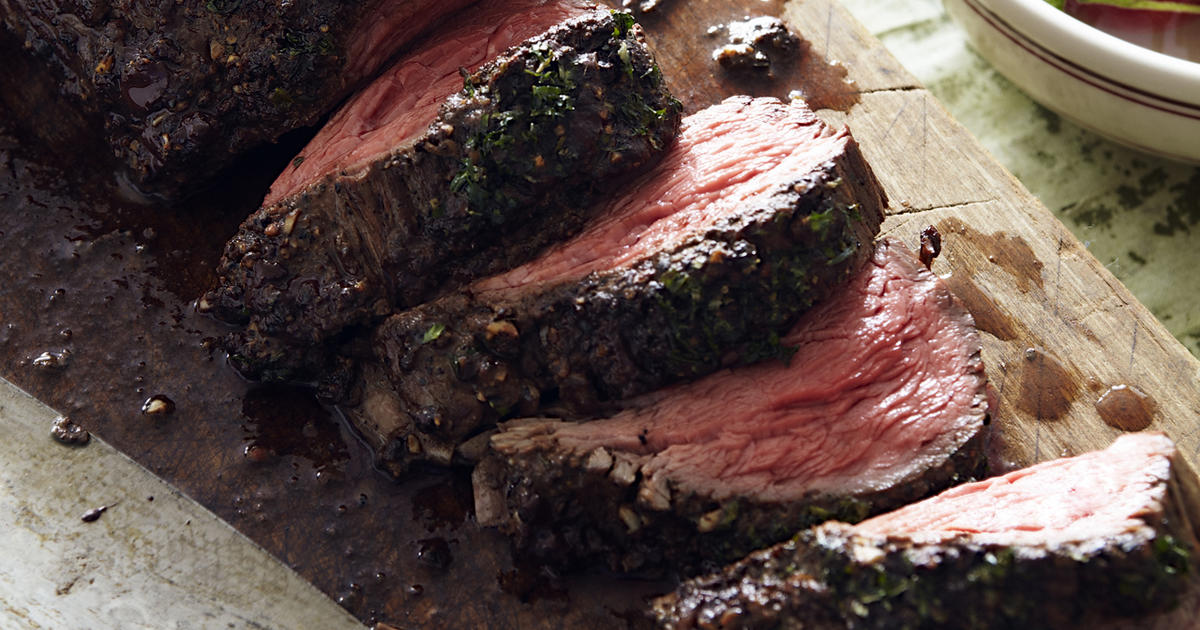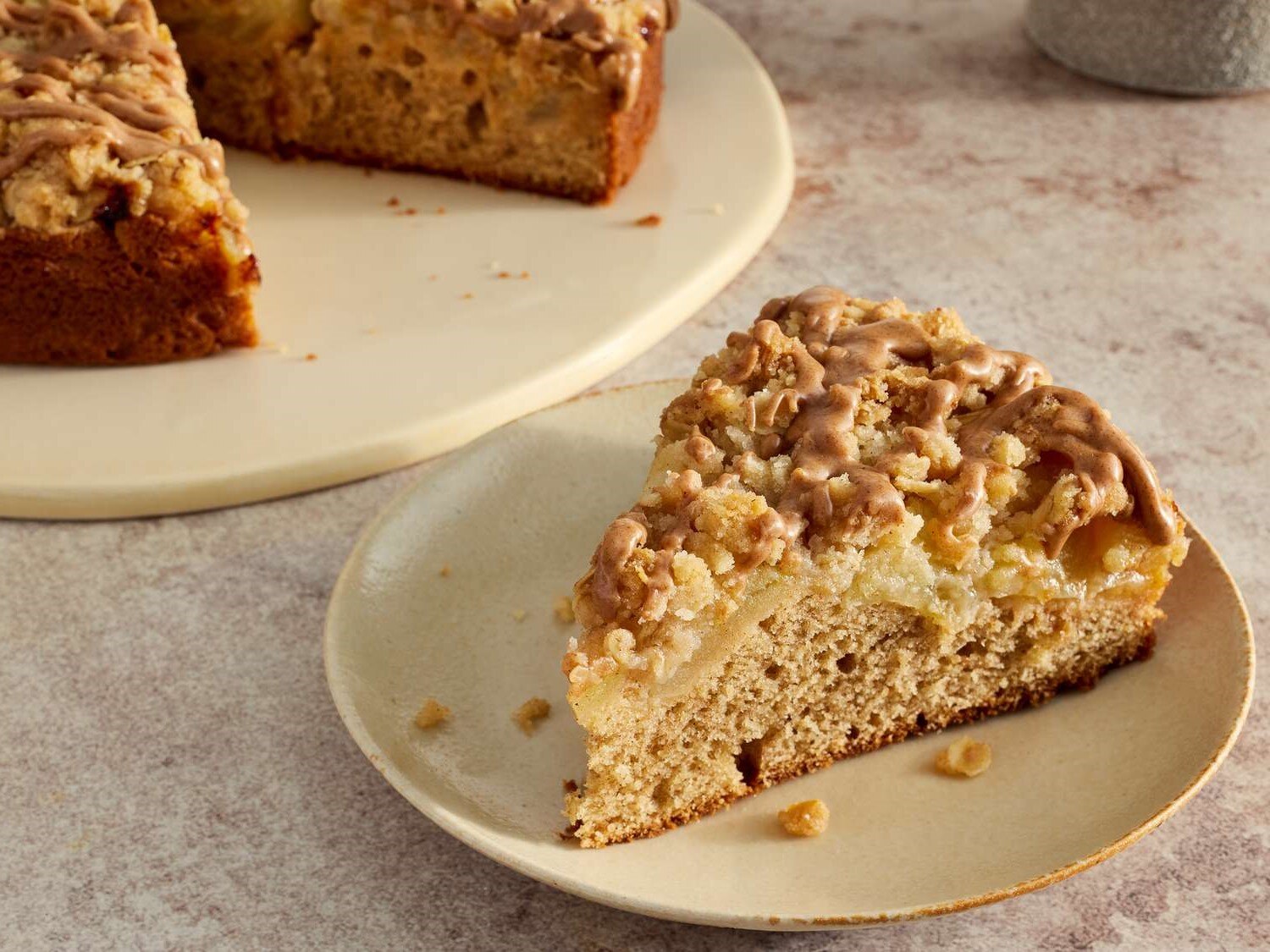How To Cut Back On Coffee
For many of us, coffee is an essential part of our daily routine. But too much caffeine can have negative effects on our health and wellbeing. If you’re looking to reduce your coffee consumption, here are some tips to help you cut back:
1. Set a Clear Goal
Start by setting a clear goal for yourself. Determine how many cups of coffee you want to cut down to and when you want to achieve this. Setting a specific target will give you something to work towards and help you stay motivated.
2. Gradually Reduce Consumption
Instead of quitting coffee cold turkey, try gradually reducing your consumption. Start by cutting back one cup at a time. Replace that cup with a decaffeinated alternative or a herbal tea to help ease the transition.
3. Experiment with Alternatives
Explore different alternatives to coffee to satisfy your caffeine cravings. Matcha green tea, yerba mate, or chai tea can provide a similar energy boost without the same level of caffeine. Experiment with different flavors and find one that you enjoy.
4. Opt for Decaf or Half-Caf
If you still crave the taste of coffee, consider switching to decaffeinated or half-caffeinated options. Decaf coffee has significantly less caffeine content, while half-caf mixes regular and decaf coffee for a milder effect. This can help you gradually reduce your caffeine intake without giving up on the taste completely.
5. Stay Hydrated
Dehydration can mimic the effects of caffeine withdrawal, leading to headaches and sluggishness. Make sure to drink plenty of water throughout the day to stay hydrated. This will help minimize the symptoms of cutting back on coffee.
6. Find Healthy Energy Boosters
Look for natural ways to boost your energy levels without relying on coffee. Regular exercise, getting enough sleep, and consuming a balanced diet can have a positive impact on your energy levels. Incorporate these habits into your routine to reduce your dependence on caffeine.
7. Replace Coffee with Healthy Habits
Rather than focusing on what you’re giving up, find new healthy habits to replace your coffee-drinking routine. Take a walk, meditate, or spend a few minutes doing a favorite hobby. These activities can help you break the habit of reaching for a cup of coffee and provide a positive alternative.
8. Seek Support
Don’t be afraid to seek support from friends, family, or online communities who are also trying to cut back on coffee. Having a support system can make the process easier and keep you accountable. Sharing your experiences, challenges, and successes with others can be incredibly helpful.
9. Be Mindful of Triggers
Identify the triggers that lead you to reach for a cup of coffee. It could be stress, fatigue, or even boredom. Once you’re aware of these triggers, find alternative ways to address them. Whether it’s practicing relaxation techniques, taking breaks, or finding new activities, being mindful of your triggers can help you reduce your reliance on coffee.
10. Celebrate Your Progress
Finally, celebrate your progress along the way. Cutting back on coffee is an achievement, and it’s important to acknowledge and reward yourself for your efforts. Treat yourself to something you enjoy or indulge in a healthier alternative. Celebrating your progress will keep you motivated on your journey to cutting back on coffee.
Remember, cutting back on coffee is a personal choice, and it’s important to listen to your body. Gradual changes and finding alternative ways to boost your energy levels can help you cut back on coffee while maintaining your overall wellbeing.









